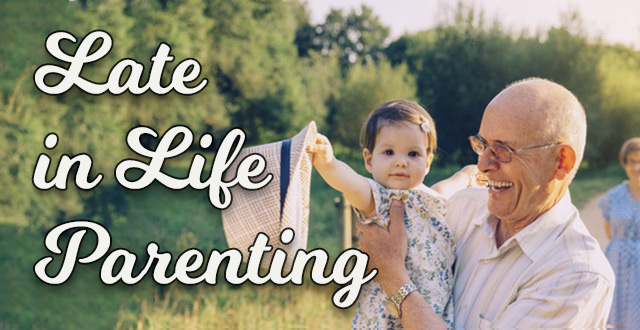Choosing to parent in your later years can be a big decision. There are lots of benefits and drawbacks to consider. Parenting an infant, child or teen has its individual challenges and rewards. And whether the arrangement is temporary or permanent, both your and their lives will change forever. If you’re considering taking on the challenge of raising a child, here are a few things you need to know.
Fostering & Adopting
Many seniors decide to foster and adopt to help give back to their communities. There are millions of infants, children and teens who are not being cared for by their biological families and need a good home. Fostering and adoption both require training classes and background checks. There may be past life choices that can affect your eligibility to foster or adopt, but this shouldn’t stop you from pursuing such an important community service.
Fostering in particular can be emotionally jarring for both you and your foster children because the state has the most influence on where the children are placed. You may feel a deep connection with your foster kids but would need to let them go if the state decides to place them in another home, or finds a family member willing to take them. The only way to keep a foster child you’ve bonded with is to start the adoption process.
Adopting through an adoption service can be a prohibitively expensive and incredibly long process. You may lose hope, or see the strain on your finances and give up on adoption. International adoptions have become notoriously bureaucratic in this way in the past few decades, slowing the rate of adoption to a crawl. Adopting through the foster care system however is generally without cost and much more timely.
There are also some discriminatory laws that prevent some people and families from fostering and adopting in certain states. In some areas only heterosexual or cisgender couples may adopt at all. In other areas the religious influence of the particular adoption organization can discriminate against potential applicants based on their sexual orientation, gender identity, religious affiliation, and other areas of their lives.
Grand-Parenting
A rising number of kids are being raised by their grandparents instead of their parents. This can be due to financial instability, incarceration, drug and alcohol abuse, or simply inexperience and immaturity. These arrangements can vary greatly; from partial contact with the biological parents to the grandparents’ having full custody or legal guardianship of the child. In severe cases of abuse or neglect the biological parents can be barred from contact with the child through a restraining or no-contact order.
Grand-parenting in this sense can be a tough road because you will have to navigate how much “parenting” and how much “grandparenting” you will have to do. Grandparenting is a more lenient and casual way of interacting with a child. But if you are the principle source of comfort, guidance and love in this child’s life, they will also need a greater sense of discipline, structure and leadership than a typical grandparent would give. You must act as their parent instead of their grandparent.
Parenting later in life can be uplifting or draining. It’s important to maintain a balanced lifestyle that keeps your needs and desires fulfilled. You don’t have to give up every aspect of your life to give back. Yes, your life will need to adjust as a new, vulnerable person relies on you for love and a stable home. But you can both find happiness and peace, with or without a biological connection!

